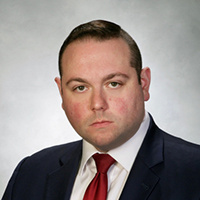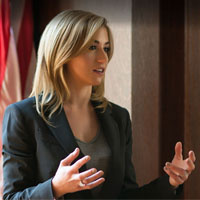Pipersville Felony Lawyer, Pennsylvania
Sponsored Law Firm
-
 x
x

Click For More Info:
-
The Law Offices of Richard J. Fuschino Jr.
1600 Locust St Philadelphia, PA 19103» view mapCriminal Defense Protecting Your Freedom and Your Reputation
Richard J. Fuschino has been defending people against criminal charges for most of his professional career.
800-973-5371
Paul M. Aaroe
✓ VERIFIEDPaul M. Aaroe, II, Esquire. Over 30 years of experience. Personal and professional services. Son of Superior Court Judge Paul Aaroe. Dedicated ... (more)
Zak Taylor Goldstein
✓ VERIFIEDZak Goldstein is a Philadelphia criminal defense and civil rights attorney. Zak Goldstein has experience trying hundreds of cases before judges and ju... (more)
Richard John Fuschino
✓ VERIFIEDIf you are facing criminal charges in the Pennsylvania state or federal courts, you want a law firm with the experience, guts and the dedication to fi... (more)
Lauren A Wimmer
✓ VERIFIEDAttorney Lauren A. Wimmer has represented individuals charged in both state and federal court with charges ranging from misdemeanors like drug and var... (more)
Christopher Bokas
✓ VERIFIEDAttorney Christopher Bokas handles all felonies and misdemeanors, including white collar crimes, juvenile crimes, drug offenses, parol and probation v... (more)
Michael J. Reed
✓ VERIFIEDMichael Reed practices law in Pennsylvania. He attended Villanova Law and have practiced for more than 25 years in Chester County. The cases have been... (more)
Matthew William Quigg
Vincent Erik Petersen
FREE CONSULTATION
CONTACT Richard Fuschino Philadelphia, PA
Richard Fuschino Philadelphia, PA AboutThe Law Offices of Richard J. Fuschino Jr.
AboutThe Law Offices of Richard J. Fuschino Jr. Practice AreasExpertise
Practice AreasExpertise






